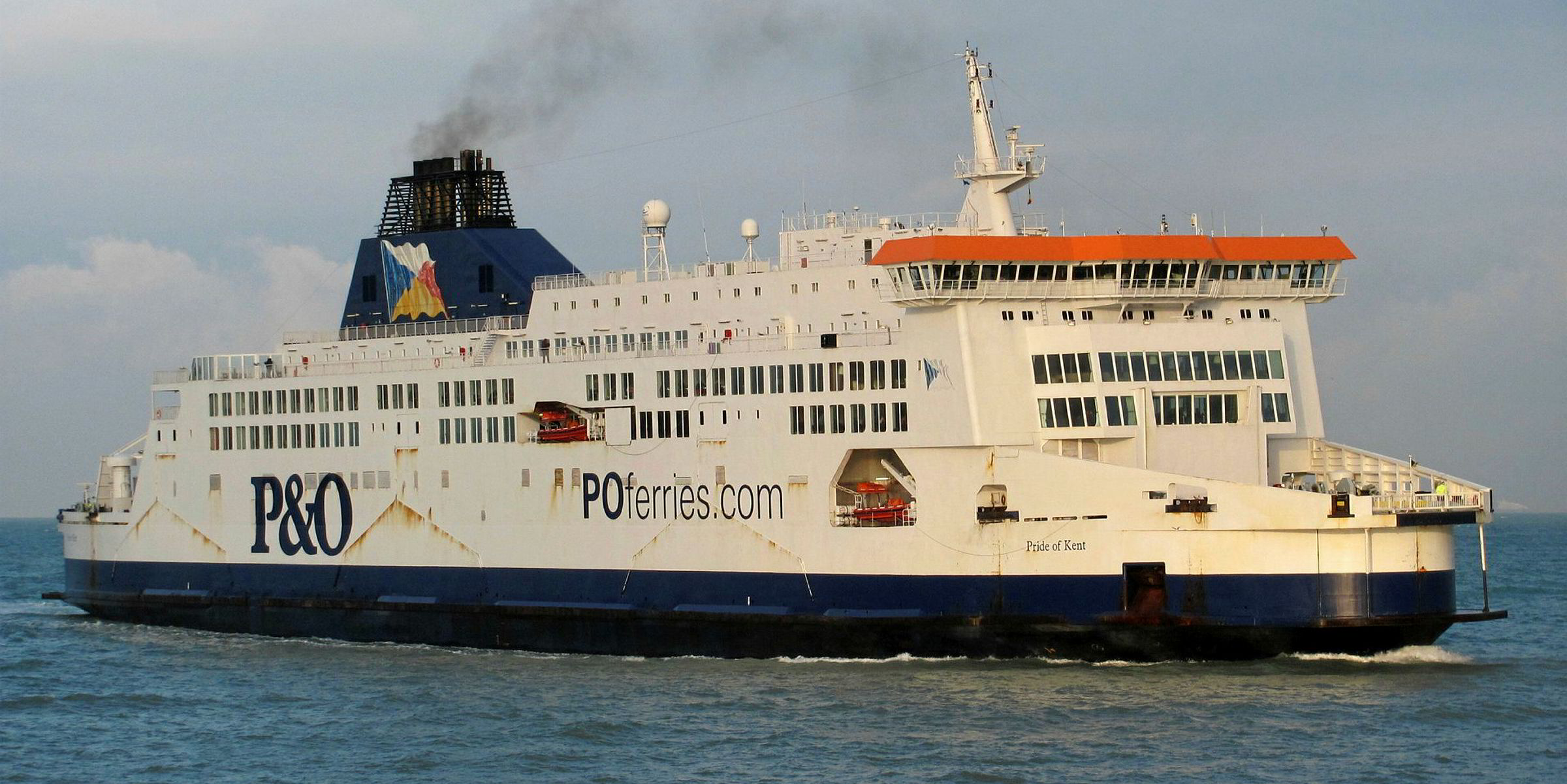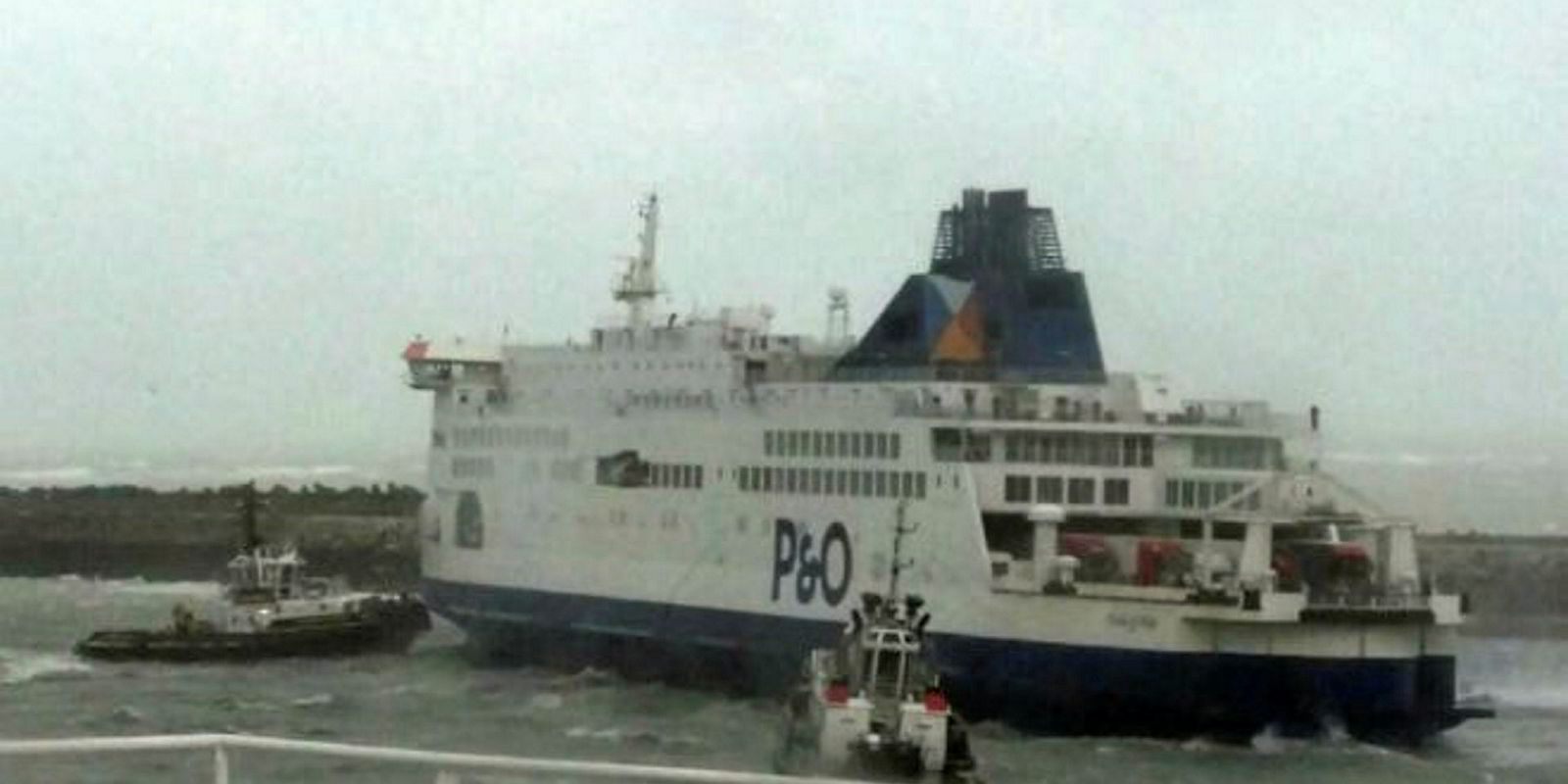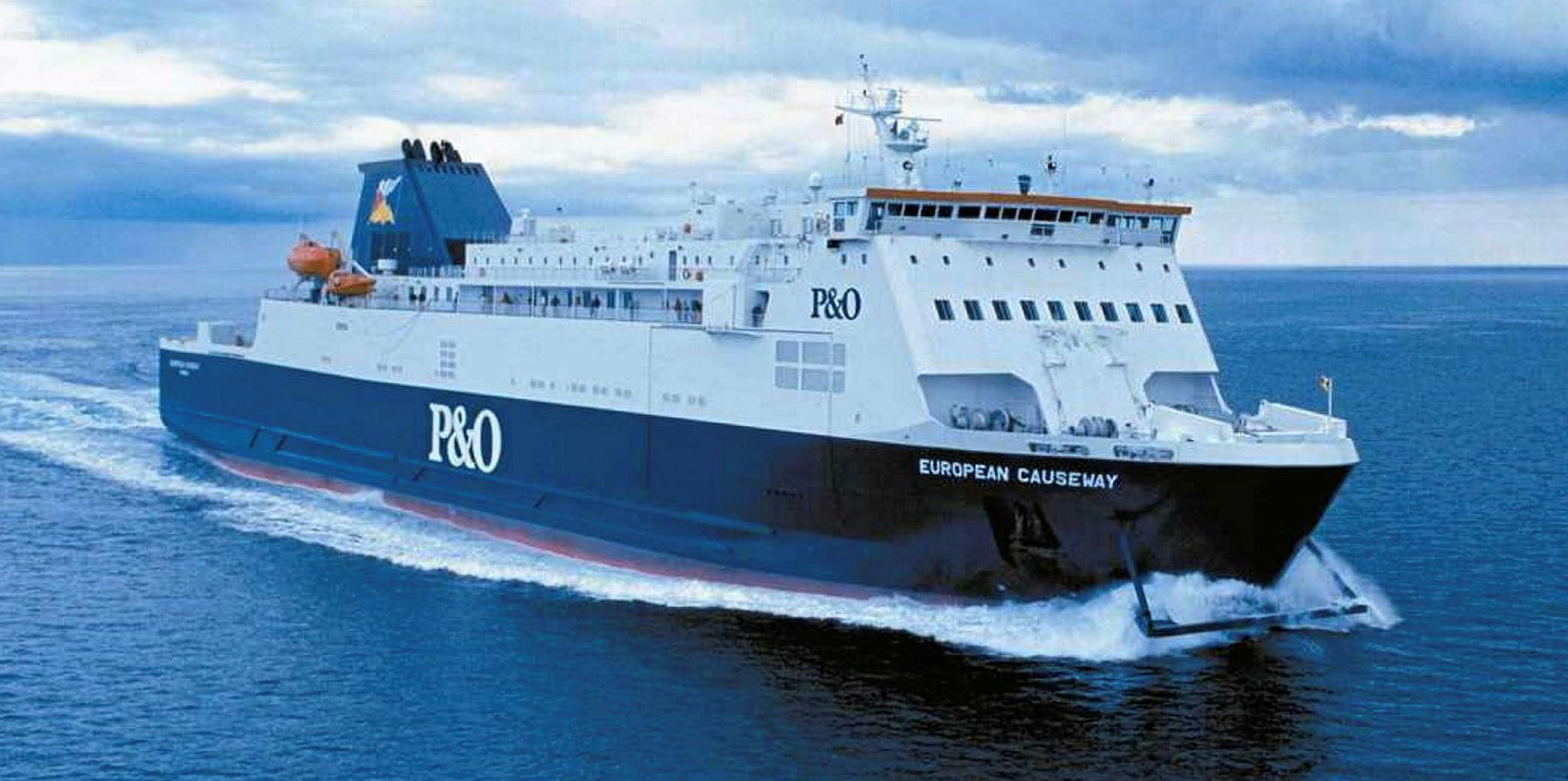A ferry that ran aground in 2017 lost propulsion due to engine systems being degraded by ultra low-sulphur fuel oil (ULSFO), an incident investigation has concluded.
P&O Ferries’ ro-ro passenger vessel Pride of Kent (built 1992) struck a jetty and then grounded while departing Calais, France, on 10 December.
The tripping of a bow thruster set off a chain of events that led to loss of control of the vessel and its grounding, according to the Marine Accident Investigation Branch’s (MAIB) incident report, published on Friday.
Other contributing factors were the fast rate of turn, gale-force winds and use of full rudder and propeller pitch, the report said.
“The occasional tripping of a bow thruster was one of several problems experienced following the change of fuel type from ULSFO from [marine gasoil] six months earlier, although the master was not aware of this connection,” the MAIB report said.
Performance of the port main engine’s fuel pumps was reduced after the bow thruster tripped, after which fuel was unable to be supplied at the rate required to keep the engines operating close to overload, the investigation found.
Thwarted by strong winds
The MAIB said the master’s efforts to manoeuvre the vessel using the remaining bow thruster were ultimately thwarted by the strong winds and the fast rate of turn.
“Other problems associated with the introduction of ULSFO, which also impacted on Pride of Kent’s manoeuvrability, included the port engines alarming on overload more frequently, and reduced engine and shaft speeds,” the MAIB report said.
The main engine fuel pumps’ serviceable life was reduced by as much as five years to as little as two months
MAIB report
The Pride of Kent made the transition from marine gasoil to ULSFO in June 2017 to reduce vessel running costs and to comply with the requirements of the northern European emissions control area.
Since the introduction of ULSFO, the main engines’ fuel pumps had suffered from increased wear, the MAIB report said.
This resulted in a host of technical problems including difficulty starting the engine and clutching in, and reduced power output that resulted in speed reductions of one knot to two knots when on passage.
“The main engine fuel pumps’ serviceable life was reduced by as much as five years to as little as two months. This resulted in all the main engine fuel pumps fitted onboard Pride of Kent being replaced between August and November 2017,” the MAIB reported.
The ferry’s starboard propeller and tail-shaft were damaged in the grounding incident and required repair, but no harm was sustained to crew, passengers or the environment.
The MAIB investigation found that human-element mistakes also contributed to the grounding.
There was no departure briefing from the master to the bridge team, which the MAIB said led to the master not being fully supported and the helm not being closely monitored.





